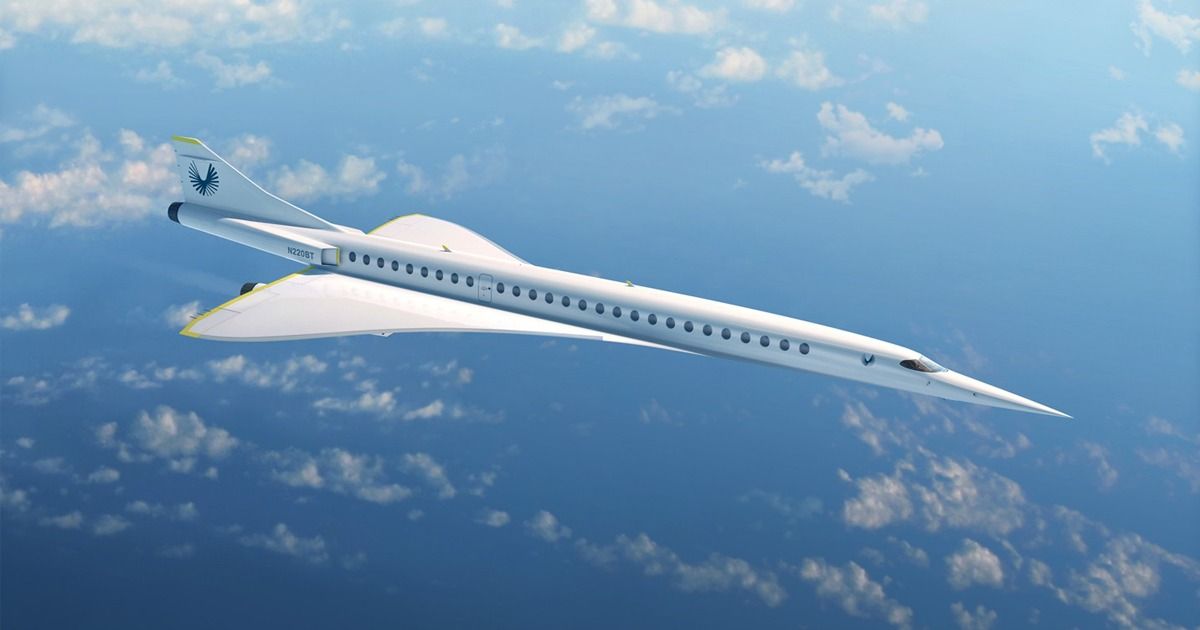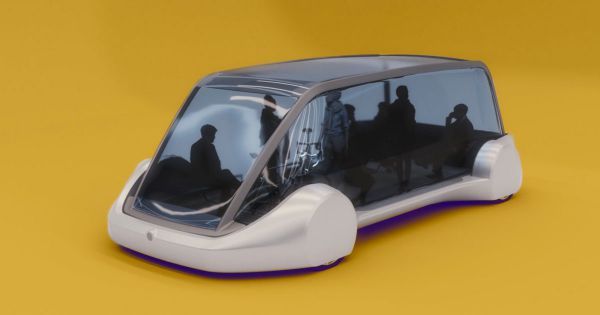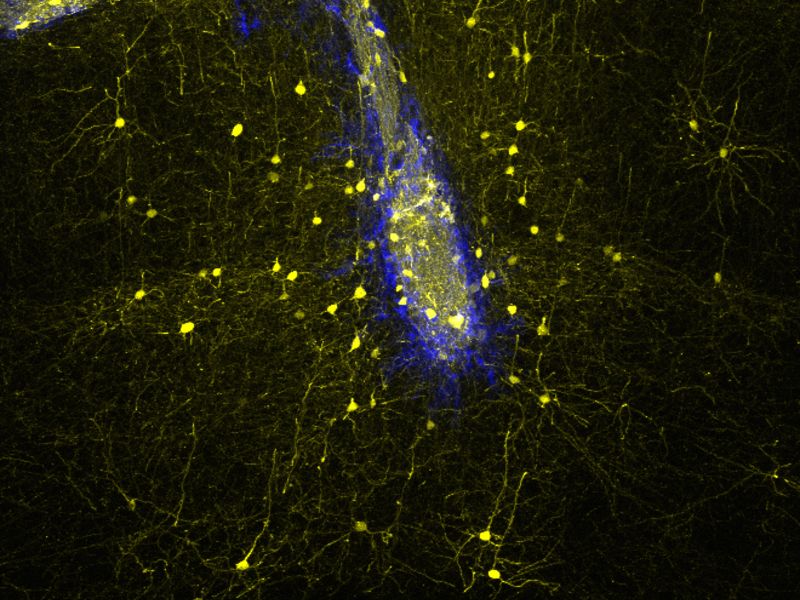Page 9265
Dec 16, 2018
MIT Scientists Just Used a Biological Virus to Make Faster Computers
Posted by Shailesh Prasad in categories: biotech/medical, computing
When your computer stores data, it has to pause while the information moves from one piece of hardware to another.
But that may soon stop being the case, as scientists from MIT and the Singapore University of Technology and Design uncovered a new manufacturing trick that should let them build computers that don’t have those annoying delays.
The key is to sit back and let a virus — the biological kind — handle the assembly work.
Continue reading “MIT Scientists Just Used a Biological Virus to Make Faster Computers” »
Dec 16, 2018
Drug ‘reverses’ ageing in animal tests
Posted by Shailesh Prasad in categories: biotech/medical, life extension
Dec 16, 2018
How DeepMind’s AlphaZero Mastered Complex Games With No Human Input
Posted by Shailesh Prasad in categories: entertainment, robotics/AI
As impressive as all these feats were, game-playing AI typically exploit the properties of a single game and often rely on hand-crafted knowledge coded into them by developers. But DeepMind’s latest creation, AlphaZero, detailed in a new paper in Science, was built from the bottom up to be game-agnostic.
All it was given was the rules of each game, and it then played itself thousands of times, effectively using trial and error to work out the best tactics for each game. It was then pitted against the most powerful specialized AI for each game, including its predecessor AlphaGo, beating them comprehensively.
“This work has, in effect, closed a multi-decade chapter in AI researchers need to look to a new generation of games to provide the next set of challenges, ”IBM computer scientist Murray Campbell, who has worked on chess-playing computers, wrote in an opinion for Science.
Dec 16, 2018
Forbes publication: Forbes story title: Human 2.0: is coming faster than you think deck: Will you evolve with the times?
Posted by Shailesh Prasad in categories: information science, robotics/AI
Publication: Forbes story title: Human 2.0: is coming faster than you think deck: Will you evolve with the times? section: Innovation topic: artificial intelligence + big data special label: contributor group | Cognitive World author: by Neil Sahota date: October 1, 2018.
Dec 16, 2018
Aston Martin will make old cars electric so they don’t get banned from cities
Posted by Shailesh Prasad in category: transportation
Dec 16, 2018
Elon Musk’s Boring Company to Launch “Road Legal” Autonomous Cars
Posted by Shailesh Prasad in categories: Elon Musk, law, robotics/AI, transportation
Dec 16, 2018
This cosmic kaleidoscope is composed of 12,000 star-forming galaxies
Posted by Michael Lance in category: space
With the addition of ultraviolet light imagery, astronomers using NASA’s Hubble Space Telescope have captured the largest panoramic view of the fire and fury of star birth in the distant universe. Take a look: https://go.nasa.gov/2EmeKVU
Dec 16, 2018
Quantum Physicists Achieve a Breakthrough with ‘Light-Guiding Nanoscale Device’
Posted by Genevieve Klien in categories: nanotechnology, quantum physics
Another advancement in the field of optomechanics comes in the form of a recent study involving the use of a device designed for achieving an optimal controlled position of trapped nanoparticles.
Dec 16, 2018
New Neurons For the Brain
Posted by Genevieve Klien in categories: biotech/medical, neuroscience
When it comes to recovering from insult, the adult human brain has very little ability to compensate for nerve-cell loss. Biomedical researchers and clinicians are therefore exploring the possibility of using transplanted nerve cells to replace neurons that have been irreparably damaged as a result of trauma or disease. However, it is not clear whether transplanted neurons can be integrated sufficiently, to result in restored function of the lesioned network. Now researchers at the Max Planck Institute of Neurobiology in Martinsried, the Ludwig Maximilians University Munich, and the Helmholtz Zentrum München have demonstrated that, in mice, transplanted embryonic nerve cells can indeed be incorporated into an existing network and correctly carry out the tasks of damaged cells originally found in that region.
Neurodegenerative diseases such as Alzheimer’s or Parkinson’s disease, but also stroke or certain injuries lead to a loss of brain cells. The mammalian brain can replace these cells only in very limited areas, making the loss in most cases a permanent one. The transplantation of young nerve cells into an affected network of patients, for example with Parkinson’s disease, allow for the possibility of a medical improvement of clinical symptoms. However, if the nerve cells transplanted in such studies help to overcome existing network gaps or whether they actually replace the lost cells, remained unknown.
In the joint study, researchers of the Max Planck Institute of Neurobiology, the Ludwig Maximilians University Munich, and the Helmholtz Zentrum München have specifically asked whether transplanted embryonic nerve cells can functionally integrate into the visual cortex of adult mice. The study was supported by the center grant (SFB) 870 of the German Research Foundation (DFG). “This brain region is ideal for such experiments,” says Magdalena Götz, joint leader of the study together with Mark Hübener, who continues to explain: “By now, we know so much about the functions of the nerve cells in the visual cortex and the connections between them that we can readily assess whether the new nerve cells actually perform the tasks normally carried out by the network.”


















